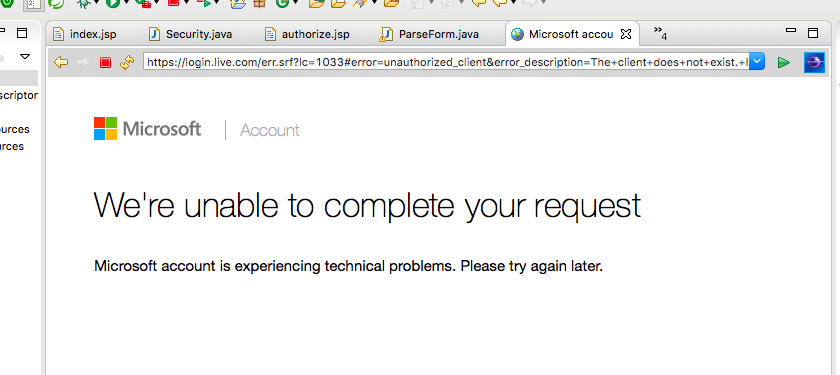

> Getting Started with Kubernetes 1.I searched and found a API supporting this (Skype4comlib.dll).


> Concurrency Puzzle – System.arraycopy() All AWS SDKs provide support for API lifecycle consideration such credential management, retries. Im coding for a project relating to integration skype (chat, voice, video). This writeup (and the previous installment) are solid way to get up to speed with the upcoming release. Modularity is clearly going to the focus in Java 9 (and the reason the GA keeps getting pushed). In the rest of the report, we outline the landscape of standards in social networking and go through each part of the landscape in detail, ending with an analysis of socio-economic models for standards-based social networking and conclusions for possible next steps.> Java 9, OSGi and the Future of Modularity (Part 2) Then, we explain the difference between the various standards bodies and their licensing issues. First, we overview an argument for open standards rather than only open-source by learning from the failure of Diaspora, the most well-known alternative to centralized social platforms like Facebook. The hypothesis put forward by this report is that the solution is the use of open standards that allow at least one open-source implementation. The use of open standards is distinct from the development of open source software. The ethos of the project is to develop software which is as open as possible. However, at the same point the D-CENT project must find a way to communicate with social networking sites such as Twitter and Facebook to take advantage of the “network effect” of the tremendous amounts of users on these sites. Due to reasons ranging from data protection to the desire for autonomy by sovereign bodies such as community organizations and even nation-states, simply using these platforms “as is” is unacceptable to the D-CENT project. Current social networking platforms such as Facebook and Google+ are currently built almost entirely on proprietary technologies and cannot interoperate. This report provides a broad overview of open standards that could be used by the D-CENT project in terms of decentralized and federated social networking, with a particular focus on our two use cases of democratic decision-making and social digital currencies.


 0 kommentar(er)
0 kommentar(er)
